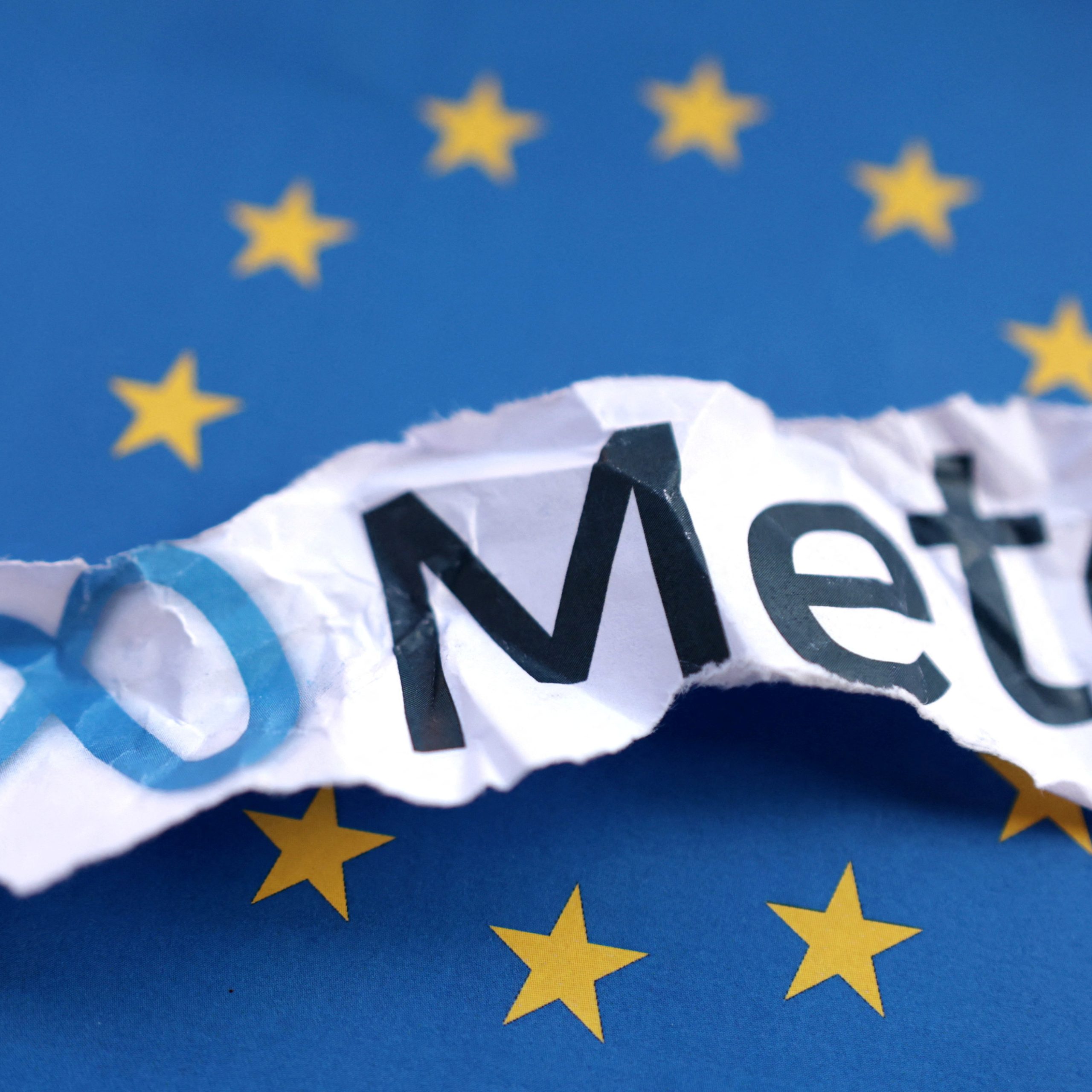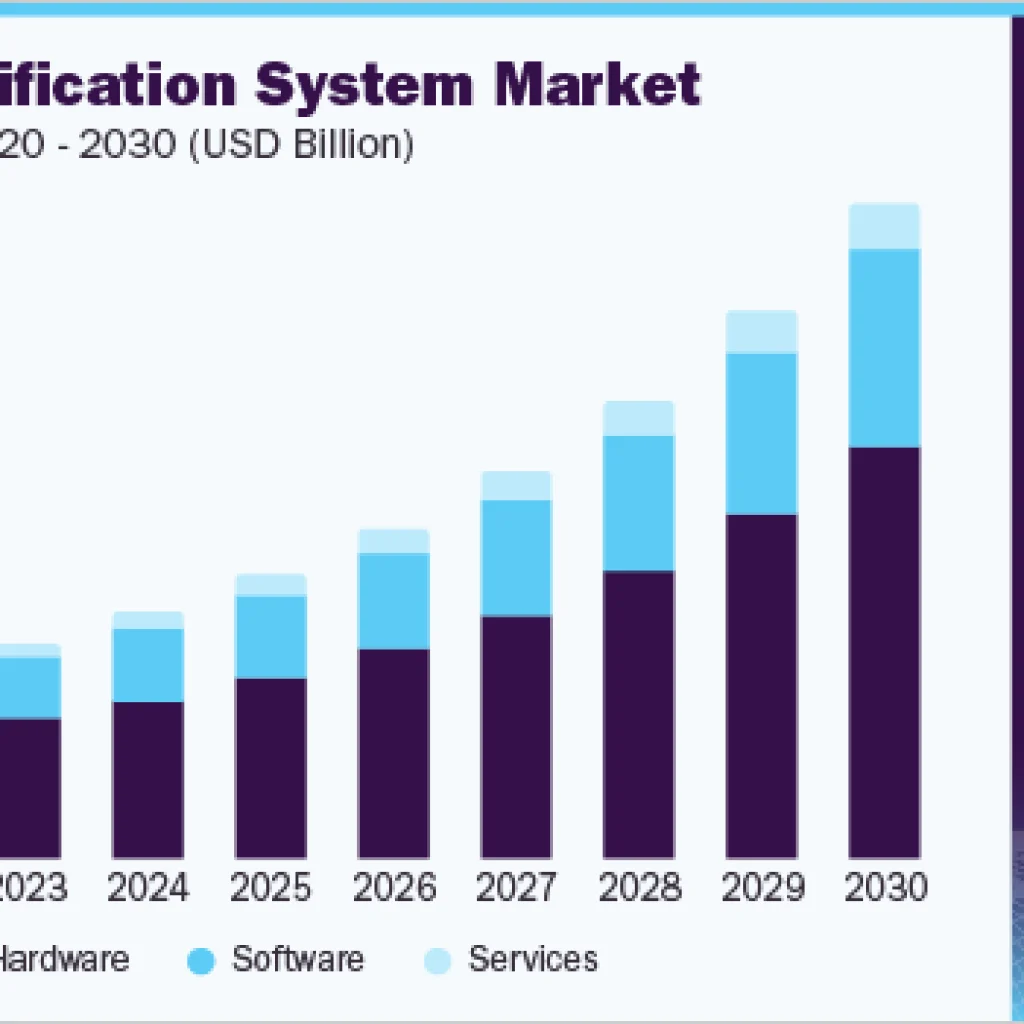In anticipation of the European Parliament elections in June 2024, Meta has announced a comprehensive strategy to address the challenges posed by generative artificial intelligence (AI) on its platforms, including Facebook and Instagram. This initiative is aimed at safeguarding the electoral process by ensuring the integrity and transparency of content shared on its networks.
Meta’s Proactive Measures Against AI Misuse
Meta’s strategy encompasses the application of its established Community Standards and Ad Standards to AI-generated content. According to Marco Pancini, Meta’s head of EU Affairs, this includes a rigorous review process whereby AI-generated materials, such as altered or manipulated audio, video, and photos, are subject to evaluation by independent fact-checking partners. A unique aspect of this policy is the categorization of content to indicate if it has been “altered,” thus providing users with clear indications of the authenticity of the information they consume.
Furthermore, Meta is developing new features designed to label AI-generated content produced by external tools from companies like Google, OpenAI, Microsoft, Adobe, Midjourney, and Shutterstock. This effort aims to enhance transparency and user awareness regarding the origin and nature of the content they encounter on Meta’s platforms.
Transparency and accountability in political advertising
The integrity of political discourse on Meta’s platforms is of paramount importance, especially in the context of elections. To this end, Meta has introduced specific guidelines for advertisers running political, social, or election-related ads. These stipulations require advertisers to disclose when ads have been altered or created using AI. This measure is part of Meta’s broader efforts to maintain transparency and accountability in political advertising. Remarkably, between July and December 2023, Meta removed approximately 430,000 ads across the European Union for non-compliance with these disclosure requirements.
Global efforts to combat AI election interference
Meta’s initiative is part of a larger global movement to mitigate the risks associated with AI in the political arena. In February, 20 major companies, including tech giants such as Microsoft, Google, and OpenAI, committed to a pledge aimed at curbing AI election interference. This collective action underscores the industry’s recognition of the potential threats posed by unregulated AI use in elections and their commitment to ensuring a fair and democratic process.
The European Commission has also engaged in proactive measures by launching a public consultation on proposed election security guidelines. These guidelines are designed to counteract the democratic threats posed by generative AI and deepfakes, highlighting the importance of a coordinated approach to safeguarding electoral integrity.
The way forward
As the world gears up for major elections in 2024, the steps taken by Meta and other industry leaders are crucial in addressing the complex challenges posed by generative AI. By implementing rigorous standards and fostering transparency, these efforts aim to protect the democratic process and ensure that the digital sphere remains a space for fair and authentic political discourse.
The adoption of these measures by Meta, along with the collaborative efforts of governments and tech companies worldwide, represents a significant stride towards mitigating the risks of AI misuse. As technology continues to evolve, the commitment to adapt and refine strategies to combat AI-related threats will be essential in preserving the integrity of elections and the democratic process at large.





